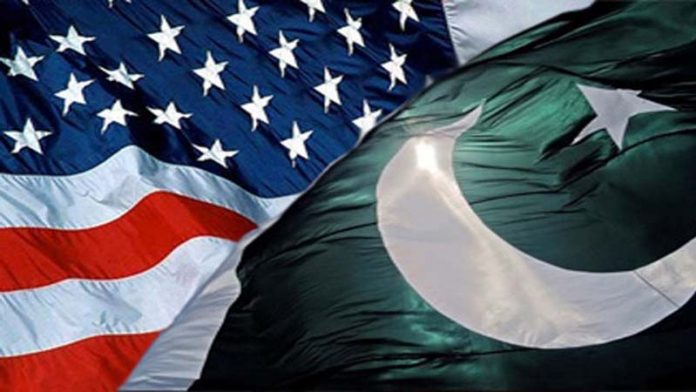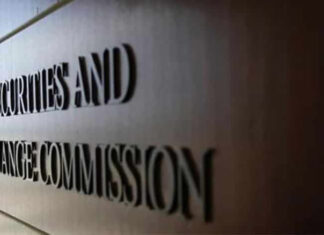ISLAMABAD: Unlike the impression that Donald Trump’s recent speech has worsened the already-tense relations between Pakistan and United State of America, the latter is going to increase soft assistance to Pakistan apparently to defuse tensions between the two allies.
According to reliable sources, the socio-economic and cultural assistance to Pakistan will not only be continued but it will also be substantially increased in the near future.
“Though the military support may not remain the same but the soft assistance will not be affected after the US president’s posturing on Pakistan,” said the sources, adding that the US State Department has reportedly asked its embassy in Islamabad to examine what and how more assistance can be extended to Pakistan in social sector.
According to the sources, the increase in assistance to the social development sector was aimed at improving bilateral relations and to make up for the Trump tirade.
US Ambassador David Hale, in his meeting with Chief of the Army Staff Gen Qamar Bajwa on Wednesday, had also conveyed the message that his country would continue the support and assistance to the social sector. The Inter-Services Public Relation’s (ISPR) statement said that Pakistan needs acknowledgement of its sacrifices, not aid, in response to the same gesture of the US ambassador.
On the other hand, an official source at the Ministry of Commerce claimed that the ministry has forwarded its recommendation and detailed analyses of grants Pakistan received from the US, and overall implication of any unfavourable shift in the US policy along with ongoing development activities in the social sector.
The same report was being forwarded to the Ministry of Foreign Affairs, for briefing to the foreign minister ahead of his planned visit to the US. “The government will try to avoid cuts in grants by the US. We, by sowing anger at Trump’s speech, should also keep in mind the around $3.8 billion export to the single country—the US,” he said.
According to an analyst, the US is still acting on its historic “carrot and stick” approach by offering a combination of rewards and punishment to Pakistan. The US senate was urging the Trump administration to use a combination of sanctions, threats, and offers of a long-term partnership to persuade Pakistan to stop, what Washington claims, supporting Afghan insurgents. The Trump administration had proposed that the military aid to Pakistan in 2018 would be reduced to $100 million from $265 million in 2017.
US embassy in Islamabad issued a statement on its website, stating that “US civilian assistance to Pakistan has delivered real results on the important issues: energy, stability, education, health, and economic growth.
Since 2009 Kerry-Lugar-Berman authorisation, the US government has committed over $5 billion in civilian assistance to Pakistan and over $1 billion in emergency humanitarian response.”
According to the embassy, US security assistance contributed to a strong, stable, and enduring defence relationship with Pakistan. Since 2010, the US government has contributed more than $8 billion in assistance and reimbursements to develop and operate Pakistan’s counter-insurgency and counter-terrorism forces in order to improve peace and stability in the western border regions.
The United States Agency for International Development (USAID) Small Grants Programme, launched in September 2010 with the funding assistance of the United States Government, supports NGOs/CBOs and private organisations from all over Pakistan to implement evidence-based self-help initiatives and innovative approaches.
To date, 48 projects throughout Pakistan have been funded under the Small Grants Programme worth $11.5 million in grants.
Besides, the US ambassador’s fund supports small scale, high impact projects to improve communities throughout Pakistan.
























This type of aid doesn’t help and should be stopped.